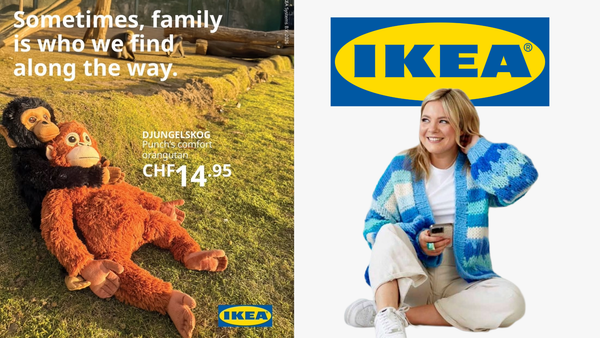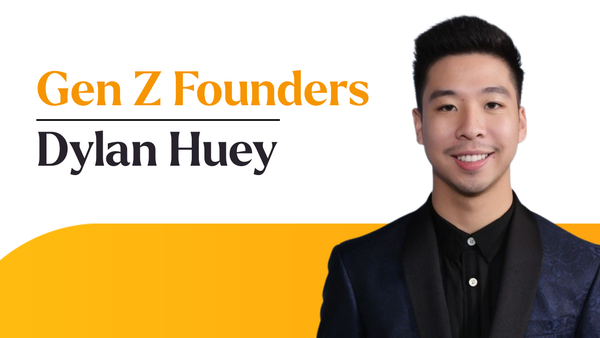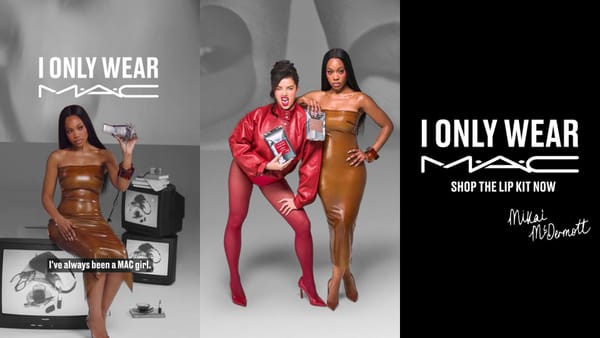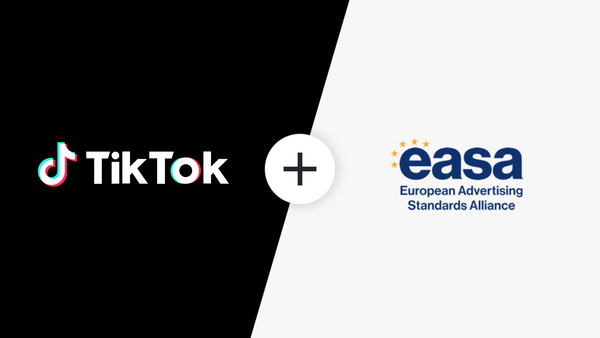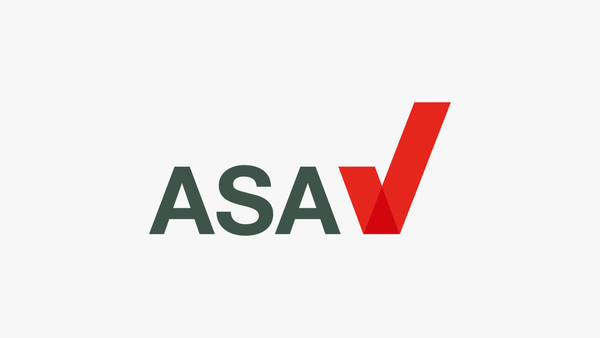2019 was another important year for influencer marketing, as the industry’s growth shows no sign of slowing down. Kam Zulawski, MD for EMEA at Creator IQ, shares key insights on what he thinks 2020 has in store for the influencer marketing economy.
CGI influencers and AI
Next year will see the rise of some brands using CGI influencers as part of their influencer marketing programs. Use of CGI influencers can be effective for brands that want full brand control over their content and can help mitigate risk, with posts outside of brand guidelines with real influencers from the past being surfaced as an example. Virtual influencer posts are made digitally. Influencers can be situated anywhere in the world and be placed in thrilling situations and exotic locations without needing actual real-world travel or production to pull off. What’s exciting about all of these is that the technology is still in its relative infancy.There is plenty of room for further development. Artificial intelligence (AI) will undoubtedly play a crucial role in the future of virtual influencers. CGI combined with AI can deliver more realistic and human-like renderings. AI could also help create virtual influencers with richer personalities. While the textual content for today’s virtual influencers is still managed by human writers, AI can soon be used to automatically generate content. Chatbot technology could even allow virtual influencers to freely interact with their followers. Imagine a world where you can have 100% influencer engagement rates globally and at scale, that could be on the cards for the future. All of this doesn’t come without its risk if not managed properly. Trust and authenticity play a huge part in successful influencer campaigns and we all remember the backlash that Calvin Klein had from the LGBTQ community for its Bella Hadid campaign.Employee advocacy programs
Brands have already seen successes tapping into the power and impact of their most important assets – their employees. Brands are realising that they have influencers within their walls that they have yet to discover. 2020 will see more brands following suit. Gamification has been a great example of how companies are getting buy-in from employees to amplify branded content as well as becoming thought leaders in their own right. We predict companies will be doing more to incentivise employees here. Outside of traditional marketing KPIs, successful employee advocacy programs also assist in staff retention and recruitment as companies find their employees are far more engaged when given the platform to talk about their own interests aligned to that of the company. A brand’s greatest strength is its name. People love to work for a company because of the brand’s identity and what it means to them. Companies have the ability to harness an employee advocacy program garnered within its vast employee network.Always-on approach
The most effective brands are those that adopt an always-on approach to influencer marketing as opposed to ad-hoc activity. Influencers themselves want to build long-term rand partnerships, which are aligned to their values and beliefs. Brands that understand the concept of a mutual value exchange model will succeed in this area. A shortsighted approach may help increase vanity metrics short term, but as a strategy, it will always lose out to the brands that take a longer-term approach building trusted and authentic relationships with the wider influencer community.What is your 2020 prediction? Comment below and let us know.




